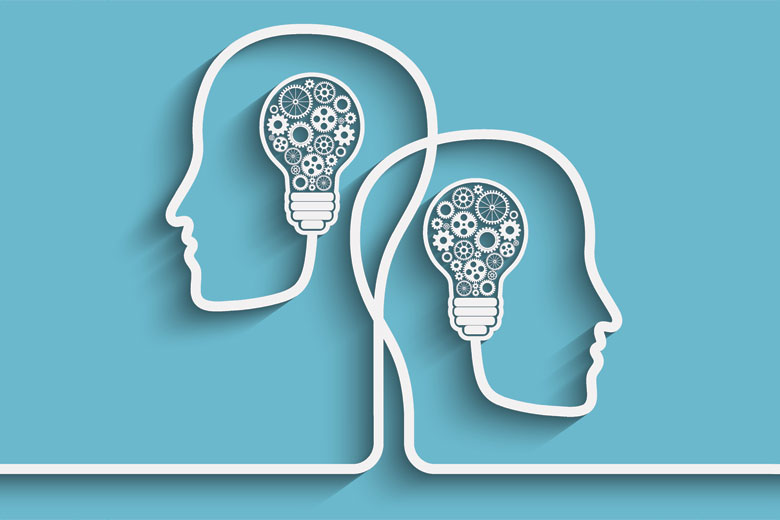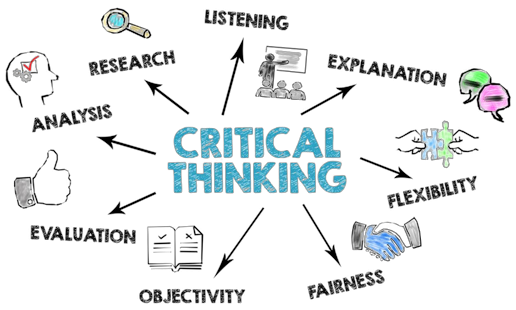A Guide to Developing Your Analytical Skills”
Explore our network of trails that lead through a variety of woodland habitats and observe the diverse flora that call this area home.
Introduction –
In today’s fast-paced world, being equipped with strong analytical skills is more important than ever. Whether you’re a student striving for academic success, a professional seeking to excel in your career, or simply an individual looking to make informed decisions in everyday life, critical thinking is a valuable asset. In this educational blog, we will explore the concept of critical thinking, its importance, and practical strategies to help you develop and enhance your analytical abilities.
Understanding Critical Thinking –
Critical thinking is a cognitive skill that involves the careful analysis of information, ideas, situations, or problems. It goes beyond simply accepting information at face value and requires individuals to question, evaluate, and synthesize information to form reasoned judgments and make informed decisions.


Why is Critical Thinking Important?
→ Problem Solving: Critical thinking enables you to identify problems, break them down into manageable components, and find effective solutions. This skill is invaluable in both personal and professional settings.
→ Decision Making: By critically assessing information, you can make more informed and rational decisions, reducing the likelihood of making impulsive or ill-informed choices.
→ Academic Success: In education, critical thinking is essential for understanding complex concepts, analyzing literature, and excelling in exams and assignments.
→ Communication: Effective communication often hinges on the ability to express thoughts and ideas logically and persuasively, a skill greatly enhanced by critical thinking.
→ Career Advancement: Employers value employees who can think critically and solve problems creatively. Developing this skill can open up career advancement opportunities.


Developing Your Critical Thinking Skills –
Ask Questions: Challenge assumptions and ask “why” and “how” to gain a deeper understanding of any given situation or problem.
Gather Information: Collect relevant data and information from diverse sources to gain a comprehensive view of the topic or issue.
Analyze Information: Carefully evaluate the credibility and reliability of sources and critically assess the evidence and arguments presented.
Consider Multiple Perspectives: Encourage yourself to view issues from different angles and consider alternative viewpoints.
Solve Problems: Break down complex problems into smaller, more manageable parts. Identify potential solutions and weigh their pros and cons.
Practice Reflection: Regularly reflect on your thoughts, decisions, and actions to identify areas for improvement.
Engage in Discussions: Engaging in thoughtful discussions with others can help you refine your ideas and consider different viewpoints.
Stay Informed: Keep up with current events, trends, and developments in your field of interest to stay mentally agile.
Conclusion –
Critical thinking is a skill that can be cultivated and honed over time. By actively practicing and developing your analytical abilities, you will not only excel academically but also become a more effective problem solver and decision maker in all aspects of your life. Embrace the power of critical thinking, and you’ll be better equipped to navigate the challenges and opportunities that come your way.
Your gateway to exam excellence

Leave a Reply